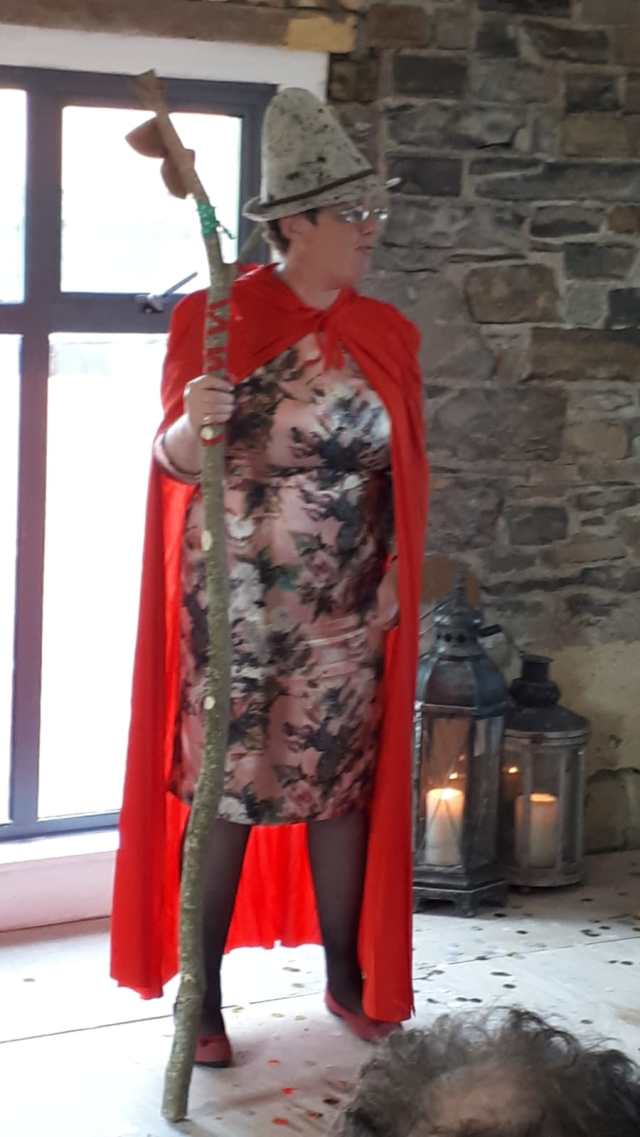Last week was a week populated by people who floated in their own bubbles, oblivious to the impact they were having on those around them, with their noise and their chaos.
People like:
- the person who flung his car up on a footpath, not raising that there was only enough room for a slim person to squeeze through his car and a pole. Certainly no room for a bugger, a wheelchair or a stick users.
- the woman who stood in the middle of the floor of a café, talking to her mother, not seeing the people who needed to squeeze past her.
- the person who parked their car on a dangerous bend on a narrow road, inviting cars to crash into theirs.
- the person who played coverage of a match on their phone on a busy train without using headphones and announced the results at intervals.
And the gold star goes to:
The couple who talked loudly and argued their way through a comedy gig and refused to stop, even when the comedian called them out from the stage and the audience cheered. It appears that treating comedy gigs and concerts as background noise to your night out is becoming increasingly common.
When did we become so oblivious to each other? Why have we become so cocooned in our own bubbles? And what can we do about it? Some people attempt to confront these oblivious souls, which is pretty brave and civic minded of them. But I’m inclined to feel that people will either realise the impact of their behaviour themselves or they won’t. And if they don’t, no amount of confrontation will make any difference. You may as well kick a brick wall with your bare feet. You’ll end up with bruised toes. The wall will be unaffected.
In an ideal world, there would be a visible presence of people who have the authority to call people out on their behaviour. Ushers at concert venues. Transport police on trains. Actual police or traffic wardens to deal with errant cars. But for various reasons, those people aren’t always available.
So, what can we do? Wave our hands in the air and admit defeat? No. We look to what we can control – our own behaviour. Can we honestly say that we’re never oblivious? Well, there was the time last week when I wandered in front of a car while daydreaming, giving the driver a nasty fright. And blocked people coming up the stairs to the same comedy gig while I enthused with a friend about a restaurant I’d been to. And there’s worse, but I think I’ve been confessional enough for now.
We may wish other people would follow the same rules we do. But they won’t. You may try, but it’s an awful waste of energy. But if we burst out of our own bubbles, if we pay attention to our own behaviour and to the impact we’re having, we can make a difference. And who knows – in the process, we may burst the bubbles of the oblivious after all.









